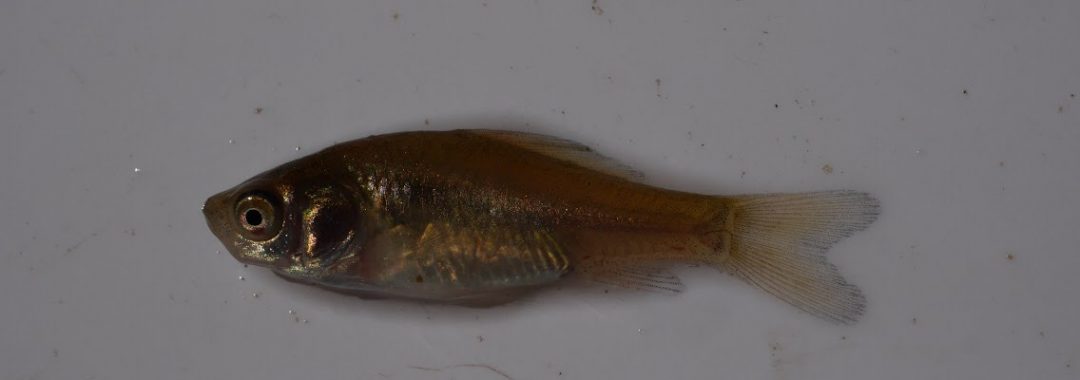Abstract:
Human need to appropriate freshwater in combination with climate change has intensified the rapid decline in freshwater biodiversity. Based onUsing census data, threat assessments, life history traits, as well as projections for anticipated water stress, we carried out a risk assessment for 216 currently imperiled freshwater species in the United States. , the The results suggest that Southwestern, and the Rocky Mountains, regions willwere predicted to experience the highest increase in future water stress for 2040 in 41 minor watersheds. Resident-small species in the Southwest, found in single locations (21.6%) or on local level highly localized (62.2%), were listed as endangered (n = 37) and are predicted to experience severe water stress increases by Endangered species in the Rocky Mountains (n = 9), were found on a single basins or local level had localized distributions (33.3%), and had exhibiting predominantly potamodromous behaviour (66.7%). Furthermore, many endangered species in key regions lack life-history data (41%). Our results highlight predict patterns of imperilment associated with life history traits and distributions, but that were unrelated to overall fish biodiversity or biodiversity hotspots. that assessing species using The research therefore highlights that biodiversity as an indicators may not be useful to prioritize conservation efforts for identifying future impacts to imperiled species, since many regions undergoing high water stress did not coincide with biodiversity hotspots. Keywords: Climate Change; Water Stress; Biodiversity; Preservation.
Citation: Theis S., Castellanos-Acuna D., Hamman A. and M. S. Poesch. (2023) Small-bodied fish species from western United States will be under severe water stress by 2040. Conservation Science and Practice: e12856.
Also Read:
*Lab members: Sebastian Theis and Mark Poesch. Check out opportunities in the lab!

